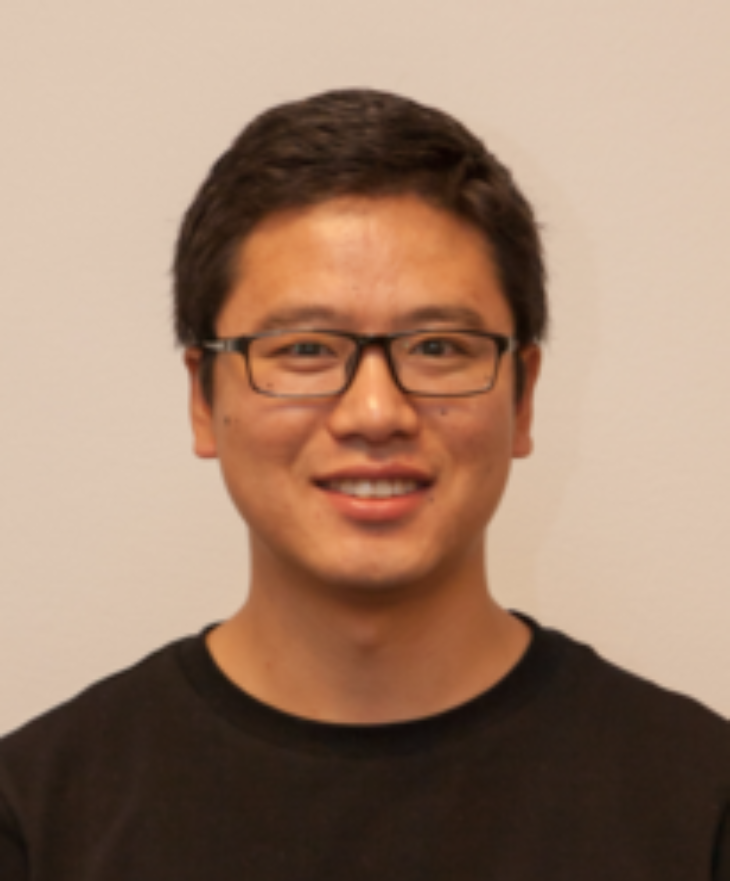报 告 人:李刚 博士 Chalmers University of Technology, Sweden
报告题目:Application of Machine Learning in Systems Biology
报告时间:2020年9月23日 下午15:00-16:30
报告在线地址:腾讯会议(会议ID:866 335 894)

报告摘要:
The cell is the fundamental unit of any living organism. It is composed of a massive number of different small components - molecules, which are highly organized and frequently interact with each other. The behavior of the cell depends on the interactions among these molecules, much like a society depends on its individuals. Understanding how those interactions give rise to cellular behavior is the major objective in systems biology. Mathematical models are among the most powerful tools to achieve this objective. Such models can be used to understand and predict how a cell responds to the external or internal signals and perturbations. However, building mathematical models is not easy, since it requires a deep understanding of each cellular component as well as of the interactions between the different components, which is usually not available. In this respect, machine learning (ML) approaches, which can directly learn a black-box model from data, while less depending on the biological knowledge, seem to be a very promising complement to the traditional theory and knowledge-based modelling approaches. In this presentation, I will show you that (1) ML alone can be used to model the systems in which the relationships between the components and the system are too complex to be modelled with theory-based models; (2) ML naturally complements theory-based models. Machine learning approaches rely heavily on the quality and volume of data, which is limiting in most biological datasets. In regard to the quality of data, I evaluated the effect of noise in the development of regression models with both theoretical analysis and simulations. In regard to the volume of data, I will showcase how deep-transfer learning can be applied to datasets with only a small number of training samples.
报告人简介:
李刚,博士,Marie Skłodowska-Curie Fellow。 于清华大学化学工程系获学士和硕士学位,于瑞典查尔姆斯理工大学生物和生物工程系获得博士学位。 博士师从著名系统生物学家Jens Nielsen。主要研究致力于探索数学模型,包括机器学习在生物和生物工程领域的应用。博士期间工作主要包括: (1)建立了酿酒酵母的泛基因组,并探索了机器学习和泛基因组结合在酵母基因型-表型关联中的应用;(2)利用机器学习注释了上千个微生物的最优生长温度以及500多万个酶的最优功能温度;(3)开发了基于贝叶斯统计学习的基因组规模代谢网络建模方法,并成功将其应用于酵母耐热性的理解和改造;(4)利用深度学习研究酶的热进化。主要研究工作发表在Nature Communications, Metabolic Engineering, ACS Synthetic Biology等期刊上。